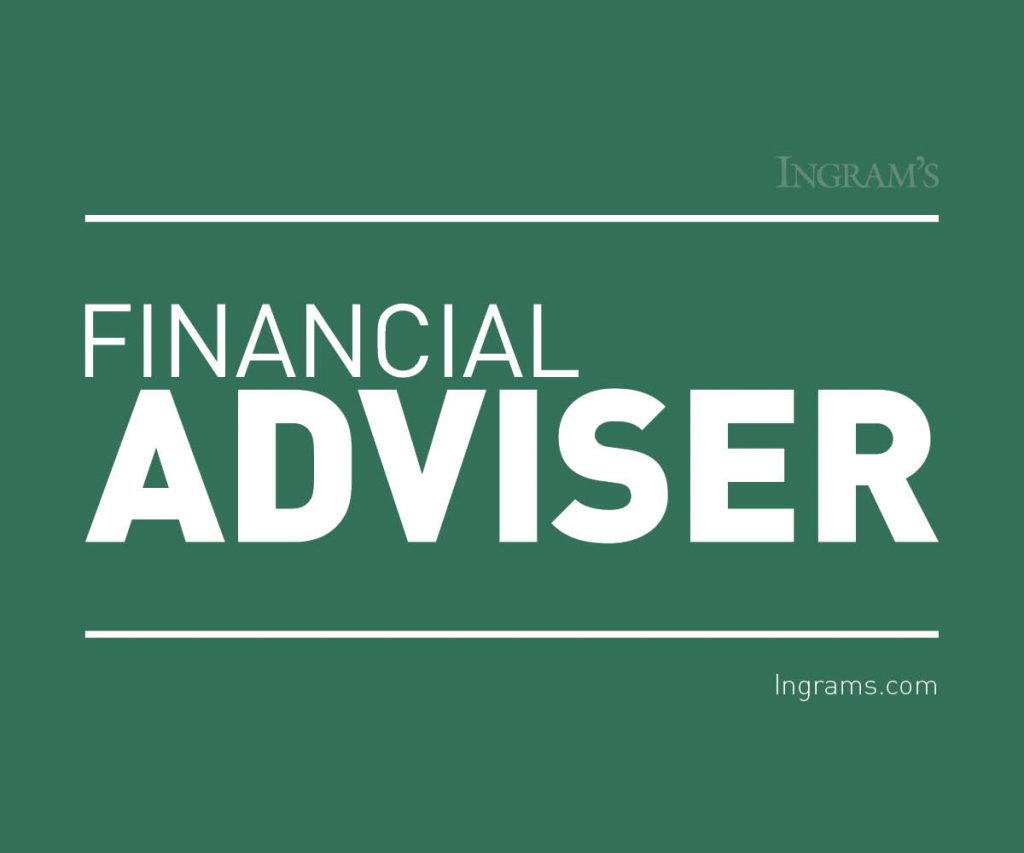HOME | ABOUT US | MEDIA KIT | CONTACT US | INQUIRE
HOME | ABOUT US | MEDIA KIT | CONTACT US | INQUIRE


Business owners looking for certainty will have to look long and hard in most cases. But here’s perhaps the closest thing you’ll find to a sure deal right now: Interest rates are likely to remain at historic lows throughout this year and well into 2014.
Events change things, so the Federal Reserve may be tempted to alter that trajectory in the face of economic unknowns. But its stated position is that it will keep rates down until unemployment drops to 6.5 percent, now projected for mid- to late 2014—if we don’t fall into recession, that is. Business owners and executives in a position to comfortably service new debt would be wise to consider the best way to leverage those low rates while they last.
But there’s more to the potential savings than just low rates themselves, especially where loans are collateralized with real estate. And that’s where business owners can realize  additional savings, whether they’re acting in their professional or personal interests.
additional savings, whether they’re acting in their professional or personal interests.
Residential Lending
Start with personal interests, like a home loan. When it comes to home loans, they are typically underwritten by a bank, a mortgage company or through a broker. In many cases, those loans will be sold into the secondary market. Home-owners may pick their lender or mortgage broker after considerable due diligence, but once that paper is resold, they’re tied to a third-party lender who will be servicing that relationship until the loan is paid off entirely or refinanced through another lender. Often, that creates a one-way relationship—you send in a check every month, and the lender cashes it. That’s why it’s important to understand how the lending markets work.
The main driver for the resale of those loans is to minimize the bank’s exposure to long-term risks should interest rates become more unpredictable. For now, though, spurred by the current low rates, many homeowners have jumped back into the lending market. Borrowers need to consider the potential savings versus the fees that can be associated with the mortgage process.
How can you save more? Some lenders that are committed to relationship banking will keep those loans as part of their portfolio. They’ll be around to service those loans, answer questions you might have over the years, and potentially give their valued clients a break when it comes to future refinancing issues, either with better rates or fees that might be reduced—even waived altogether. There are other ways they can reward clients for their loyalty, often through banking services that include discounts on loans, cashier’s checks, ATM usage, insufficient-funds charges or other services.
For many banks, a commercial mortgage is only one part of the business they hope to cultivate with clients.
Finally, there’s a non-financial incentive attached to having your bank hold your mortgage as part of its portfolio: Peace of mind. For years to come, you can deal with the same institution—often, even the same people—who can help answer questions and provide other assistance you’re not likely to get from that third-party lender.
The best way to determine whether a financial institution will hold onto your loan is to ask your banker. Deciding to use a lender who keeps your loan can save you money, save you time and provide convenience and peace of mind. Caveat emptor.
Commercial Mortgages
Commercial mortgages, generally, are another animal. For one thing, commercial loans are far more difficult to bundle with other loans for resale in a secondary market. The durations of the loans, repayment terms and other factors are considerably more varied in commercial lending than in residential, where the vast majority of loans may be 30-year, fixed-rate loans that can be readily packaged into mortgage-backed securities.
For another, commercial loans tend to have much shorter shelf lives than those made for residential properties—in many cases, five years. Even when you can negotiate repayment terms of seven to 10 years for a commercial loan, you’re bound to have another discussion with your banker when that note comes due. If you haven’t paid it off at term, you’ll have to deal with a balance that likely has been amortized over 20 years.
Again, that’s where relationship with your banker will make a difference. For many banks, a commercial mortgage is only one line of the potential business they hope to cultivate with their business clients. Their goal is to develop a long-term relationship by earning corporate checking accounts, short-term savings accounts, investment accounts and other business to supplement the lending.
As in most things, then, relationships matter. Consider the nature of the one you have with your lender when it’s time to borrow.